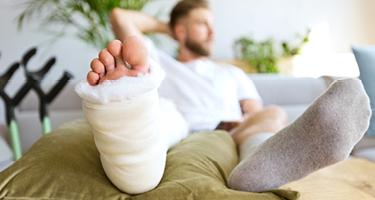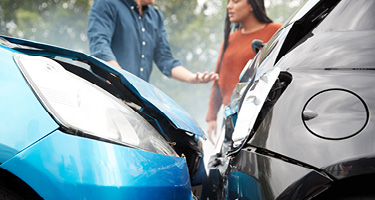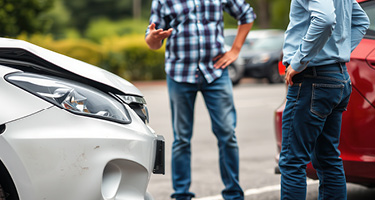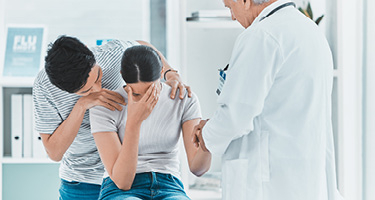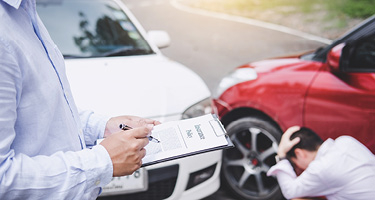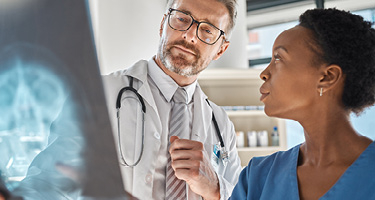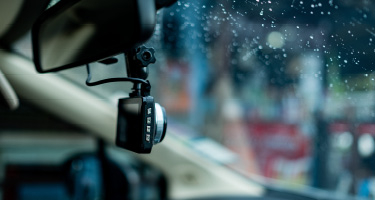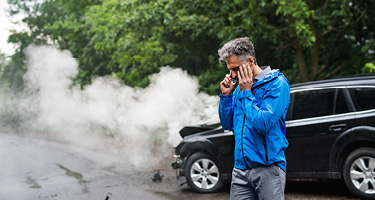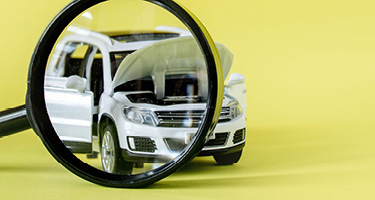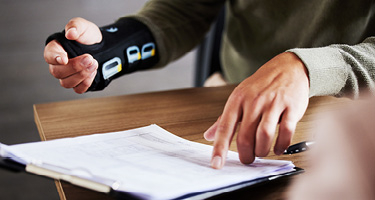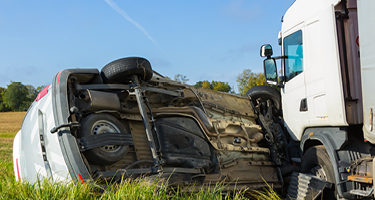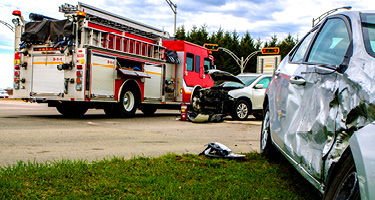Car accidents may happen every day in Atlanta, but when you are involved in a crash, it can be frightening and life-altering. The experience may be even more overwhelming if you believe you were at fault.
Taking the right steps after your accident can help protect your legal rights and minimize potential financial and legal consequences. Here are five crucial steps to take if you’re at fault in a car accident in Atlanta.
1. Stay At The Scene And Report The Accident
It’s crucial to remain at the scene of the crash and make sure everyone is okay, even if the accident was minor. Under Georgia law, you have a duty to report the crash to the local police department or, if you’re outside the city limits, to the county sheriff or closest state patrol office. A crash must be reported if it results in:
- Injury to any person
- Death to any person
- Apparent property damage of $500 or more
In Atlanta, you can report the crash by calling 911 or calling (404) 658-6666, the Atlanta Police Department’s non-emergency number. When speaking to a dispatcher, report any suspected injuries, provide the exact location, and follow any instructions you’re given.
A police officer will document the accident and create a report, which can be important for insurance claims.
Drivers also have a duty to move vehicles off the roadway to a safe location after an accident, if possible. Only move your vehicle if it’s safely operational and you can move without increasing the risk of harm to anyone. When safe to do so, move your vehicle to the shoulder, median, emergency lane, or other safe area.
You cannot be held at fault simply for moving your vehicle after the crash, and it does not constitute failure to stop and provide information.
2. Avoid Admitting Fault
You might feel tempted to apologize or take the blame, but avoid admitting fault at the scene. Liability is not always clear, even if you think you caused the accident. Other factors, like road conditions or the actions of other drivers, may have contributed.
Instead:
- Be honest and stick to the facts when speaking to the police
- Provide only necessary information to the other driver (name, insurance, and contact details)
- Do not discuss fault with witnesses or other drivers
Insurance companies and attorneys will determine liability based on the evidence, so it’s best to let the process unfold.
3. Document The Scene And Gather Information
Evidence from the accident scene can be helpful, even if you are at fault. Before leaving, take the time to document important details.
- Take pictures of the overall scene, damage to vehicles, skid marks, and surroundings
- Get insurance and contact information from the other driver
- Get contact information for any witnesses to the crash
- Write down what happened while it’s fresh in your memory
- Ask the police officer for the accident report number
This information can help your insurance company and attorney assess the situation.
4. Report The Accident To Your Insurance Company
Inform your insurance company about the crash as soon as possible. It’s always best to go through insurance, even if the other driver seems understanding and uninjured. Failing to report the accident in a timely manner may be a breach of contract and the insurance company may refuse to defend you in a lawsuit stemming from the crash.
When speaking with your insurer, be honest and provide the facts about the accident. You don’t need to admit fault, but don’t lie. Ask about your coverage and the next steps to take.
Your insurance provider will investigate the claim and negotiate with the other driver’s insurer if you are at fault. If you have liability coverage, it will cover damages to the other driver’s vehicle and medical expenses.
5. Consult A Car Accident Attorney
If you are being blamed for an injury, it’s time to consult with a car accident lawyer. Your lawyer can defend you and protect your legal rights, ensuring you are not assigned more fault than you deserve for the accident.
In Georgia, fault is determined under a modified comparative negligence rule. If the other driver is found partially at fault, their compensation may be reduced. An attorney can help assess whether shared fault applies in your case.
What Happens If You Are At Fault?
If you are found responsible for the crash, your insurance will likely cover:
- The other driver’s vehicle repairs
- Medical bills for injuries
- Property damage
However, if damages exceed your policy limits, you may be personally responsible for the remaining costs. Georgia requires drivers to carry minimum liability insurance, but serious accidents can result in expenses beyond coverage limits.
If you don’t have insurance, you could face license suspension and fines in addition to personal liability for the other person’s losses.
If you have collision coverage, your insurance policy will cover damages to your own vehicle. Otherwise, you will be responsible for the cost.
Being at fault in a car accident can be stressful, but taking the right steps can help you move forward. Stay at the scene, avoid admitting fault, document everything, and contact your insurance promptly. Seek legal advice if you think you are being blamed unfairly or you also suffered injuries in the crash. An experienced attorney can help you understand your rights and ensure fault is assigned fairly.
Jimmy Goldstein is the main attorney at Goldstein Hayes & Lina, LLC, a personal injury law firm based in Atlanta, GA. With a proven track record of securing over $600 million in settlements for clients, the firm leverages more than 85 years of combined legal expertise to deliver exceptional results.
Contact the law office of Goldstein Hayes & Lina, LLC if you got injured in Atlanta, Georgia.
Goldstein Hayes & Lina Accident Lawyers - Atlanta
3060 Peachtree Rd NW UNIT 1000,
Atlanta, GA 30305
(404) 869-8600
Search the Best Lawyers legal directory to connect with qualified attorneys who handle car accidents and personal injury cases.

